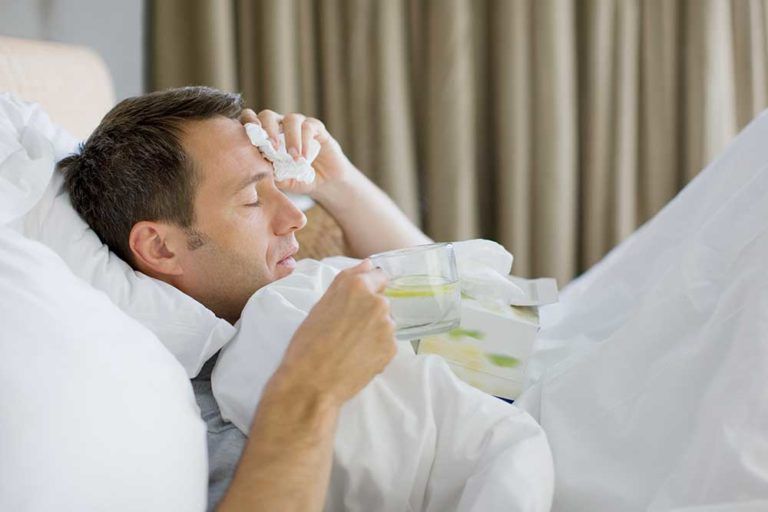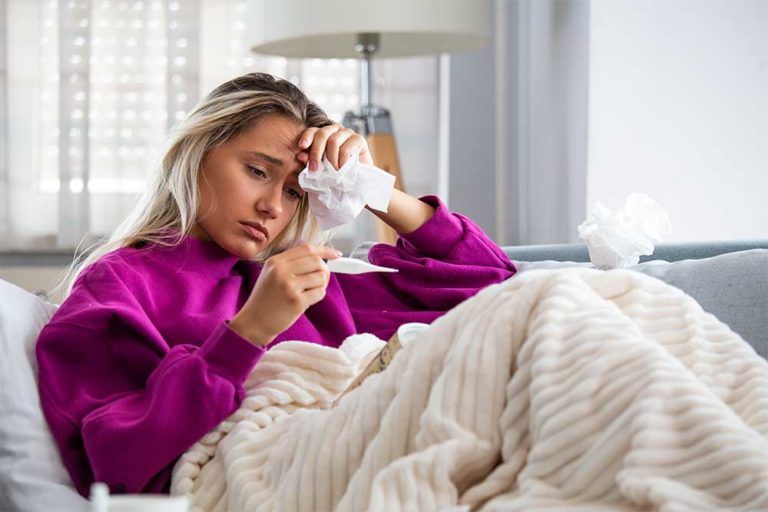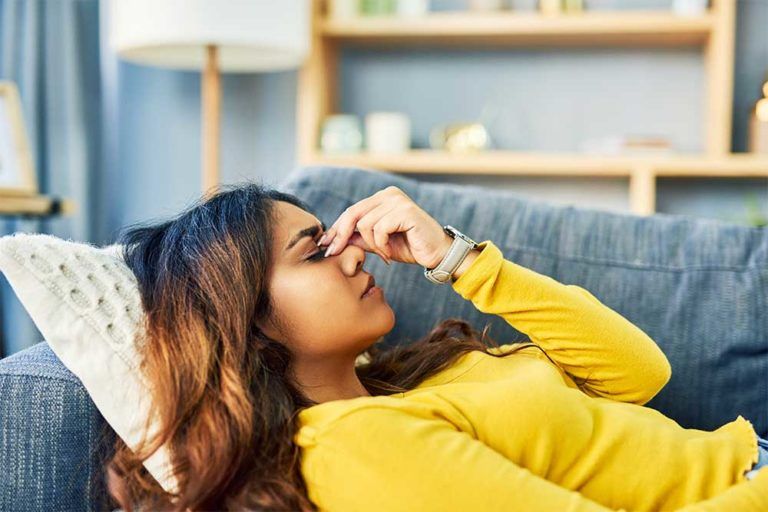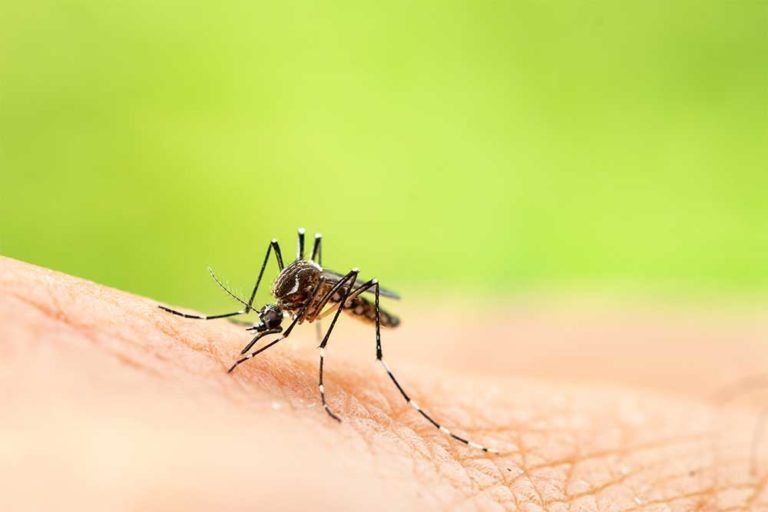The right question to ask isn’t really who should get a flu shot. The more important question to ask is this: Why does it matter?
Vaccinations of all kinds have become controversial in recent years, but most vaccinations don’t swing around on an annual basis. As a result, the only one your physician might talk to you about on a regular basis is the flu shot.
According to the Centers for Disease Control (CDC), almost everyone should get either a flu shot or a nasal spray vaccine. There are two exceptions to getting a flu shot:
- Infants who are less than six months old.
- People who have a severe and life-threatening allergy to the vaccine or any of the vaccine’s ingredients.
The right question to ask isn’t really who should get a flu shot, since even pregnant women and those with chronic health problems are encouraged to get one. The more important question to ask is this: Why does it matter?
Here’s the answer. A flu vaccination can prevent you from serious medical problems. Sometimes people who don’t get the flu develop pneumonia, and sometimes other serious problems. Even though the flu can be a mild, not-very-serious disease, sometimes it isn’t mild, and sometimes people die as a result of catching it. If you haven’t heard about the flu epidemic of 1918 and 1919, you should know a few things about it:
- It affected about a third of the people living on our planet at that time.
- Experts estimate 500 million people got sick. It was a killer. The number of victims was somewhere between 20 million and 50 million, and those are conservative estimates. Some people think as many as 100 million people may have died.
- About a fourth of the entire U.S. population got sick, and about 675,000 people died here.
- Those most likely to be hit hard by the epidemic were young people who were otherwise healthy.
That’s more than an epidemic; it’s a pandemic. Nobody ever wants to see another one.
At the beginning of every flu season, researchers don’t know for sure how serious the disease will be for that year. They evaluate the strains of the flu they think are most dangerous and most likely to spread from October through May. They don’t know what will happen for sure, but they do their best to make an educated guess. They develop a vaccine for three or four different strains, and that is what gets distributed.
Some people are more vulnerable to flu than others. They need to have as much protection as possible from getting the flu because it is likely to be particularly hard on them. These include anyone in the following group or groups:
- Those with a weakened immune system, such as cancer patients or people with HIV/AIDS.
- Those with asthma, diabetes, heart disease, or lung disease
- Those who are pregnant
- Anyone 65 or older
- Anyone who takes care of a high-risk person
- Anyone under the age of five. Those between six months and two years especially need vaccination.
You have probably heard arguments against getting a flu vaccination. Here are some common ones, and why you should get a flu shot anyway.
Getting a flu shot can give you the flu.
This is not true. Flu shots are made only from dead flu virus, and it is impossible for a dead flu virus to make you sick. If you get the flu after a flu shot, there are other possible reasons:
- You had already contracted it before you got the shot and it just hadn’t become obvious yet.
- You got a cold virus and it wasn’t the flu at all.
- You got a strain that wasn’t included in the current flu shot.
- The flu shot wasn’t effective. Vaccinations are not a guarantee that you won’t get sick; they just improve your odds of avoiding it.
It won’t matter if I don’t get a flu shot.
The CDC estimates that vaccinations prevented 6.6 million illnesses associated with the flu during the 2012 and 2013 flu season. They also think 79,000 people did not have to be hospitalized because of their vaccinations. Even though you could still get the flu after a vaccination, that vaccination is your best option for avoiding the flu or flu-related illnesses.
I never get sick, so I don’t need a shot.
Flu vaccinations aren’t just about you, they are about the people you see every day. You might have a strong immune system, but what about your family, friends, and fellow employees? If you know anyone who is very old, very young, or who has a weak immune system, then you should get vaccinated for their sake as much as for your own.
I’m young and healthy. Why should I bother?
The people who died during the 1918 flu pandemic were young and healthy. Even people like you can get extremely sick when they get the flu. It’s better not to get sick in the first place.
There are side effects.
Side effects are usually mild. If you have some, tell your physician the next time you get a vaccination; the physician might be able to give you a different type of vaccination that won’t cause you any problems. Remember, too, that although the flu is usually mild, it isn’t always. Your side effects are probably much less serious than an actual case of the flu would be.
Why should I get one now when I’ve never had one before?
Vaccinations are most effective when most people get them, because that makes it harder for the flu to spread.
Is it too late to get the flu vaccine for this year?
That depends on when you are thinking of getting one, but the peak of the flu season is usually in January or February. Getting one in the fall is best, but there’s nothing wrong with getting vaccinated even in December.























